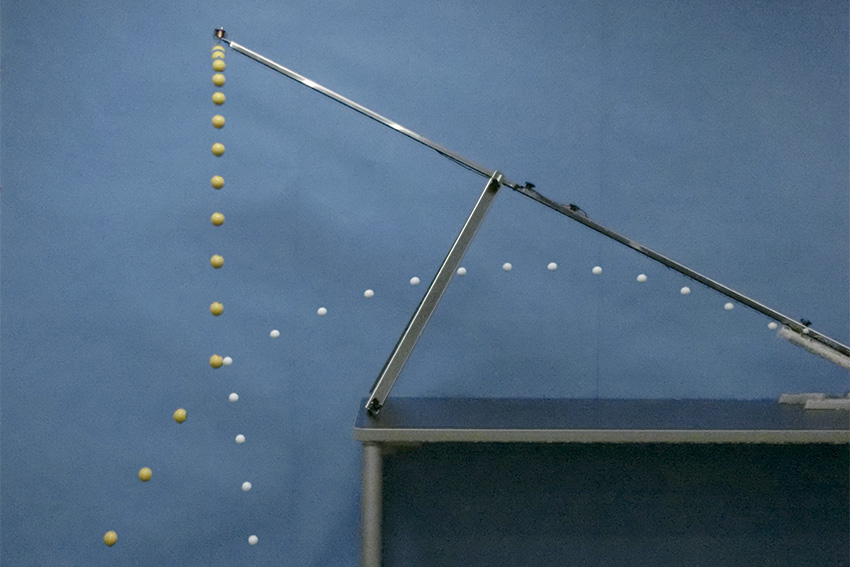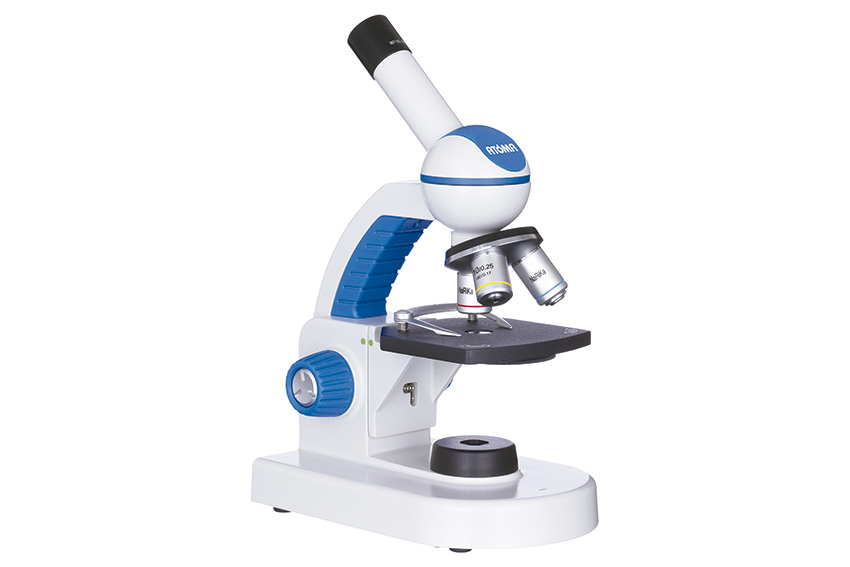

NaRiKa’s educational tools bring hands-on learning to students around the world.

NaRiKa stands out in the Japanese education sector not only for its innovative science education tools but also for its progressive employment policies. A family-run company that views its staff as part of that, there is a culture of inclusion and equal opportunity, somewhat distinct from the local corporate landscape.
"We are very particular about scientific precision by designing and making items that reproduce theoretically correct experiment results," company president Yuka Nakamura says. This dedication ensures that students and teachers receive reliable tools essential for understanding and experimenting in science, closely linked to the company’s three core principles.
"First, we make the teacher the star of the classroom. Second, we elevate science education for the students by using our products for hands-on experiments. Third, we want our more than 500 domestic and international distributors to feel proud that they are contributing to Japanese education," Ms. Nakamura explains. "This enhances the learning experience but also fosters a sense of pride and purpose."

Biological microscope Atoma II
Societal challenges clearly play their part and a declining number of children due to population shift means there will be fewer schools, which means less sales for NaRiKa. And then there are the traditional Japanese employment practices.
"We think that regarding work skill, there is no difference between genders," the president says. "Therefore we are recruiting and employing everybody as regular employees." This inclusive strategy helps retain highly motivated staff, with almost all employees remaining with the company through major life events, supported by a well-rounded maternity leave scheme.
And the focus is consistent on quality, with a clear vision for broad scientific knowledge being vital for the future.
"In today's world filled with misinformation, having a concrete knowledge of science is important to survive and thrive," says Ms. Nakamura, emphasizing the need to cultivate critical thinking skills in young learners.
0 COMMENTS